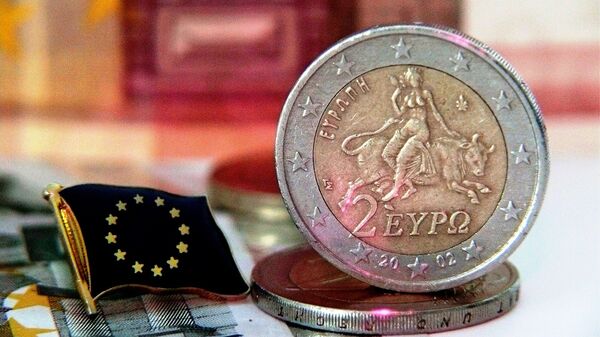German GDP, the euro area’s powerhouse, slowed to 0.2pc in 3Q16, whilst the economies of Italy and France gained momentum, resulting in average growth across the 19-nation currency bloc having failed to accelerate substantially compared to the previous quarter. GDP growth in the Netherlands remained steady at 0.7pc, whilst the Italian economy accelerated from zero growth in Q2 to 0.3pc in the third quarter.
“The economy is growing in the euro area but still not quite helping the ECB meet its price-growth target of 2 percent,” Ralph Solveen of Frankfurt-based Commerzbank AG said. “It’s probably not enough to satisfy them, and we think they will have to extend stimulus in December.”
In other Eurozone nations, GDP growth in France, the bloc’s second-largest economy, accelerated to 0.2pc in Q3 compared to 0.1pc in the previous quarter. The Greek economy grew 0.5pc, marred by the consequences of last year’s debt crisis, whilst in Spain, GDP growth was at 0.7 in Q3.
According to current projections, the euro area’s economy is likely to grow at a pace of 0.4pc throughout the first half of 2017. In March, the ECB is expected to end its bond-buying programme, thus removing one of the pillars of its monetary stimulus policy, entailing possible negative consequences to the pace of economic expansion in the Eurozone.
Subsequently, the question of a coordinated fiscal stimulus effort across the Eurozone is becoming increasingly important, especially in the light of high debt-to-GDP ratios across the region, a problem more acute in the South than in the austere North.
“The election of Donald Trump as U.S. president and the resulting political and economic uncertainties, however, have made an impact,” Achim Wambach, President at ZEW, a German-based think tank, said. “After the election, the economic sentiment has been less positive than before.”
The ECB’s Governing Council is set to assemble on 8 December to determine if the central bank’s 80-billion euro package of bond buyouts will be extended beyond its expiration deadline in March. The ECB will also publish its fresh projections on economic growth up to year 2019. However, as the efficiency of monetary policy across the 19-nation bloc has been repeatedly put into question by policymakers, scholars, market participants and observers, the currently sluggish pace of growth does not mean the ECB would undoubtedly extend its costly stimulus programme.
"We still expect the (European Central) Bank to announce a six-month extension of the program at the current pace to September 2017 at its December meeting," Capital Economics said in a note in late October, before Trump’s election in the US.
However, the situation has since changed. German Bundesbank chief Jens Weidmann noted that Trump’s election resulted in “pronounced political uncertainty” for the global economy, affecting indirectly the Eurozone well into the next year.
Therefore, a central bank action alone might be insufficient to boost the Eurozone economic growth. Fiscal policies are decentralised in the 19-nation bloc, and a coordinated action might help. However, amidst a political disarray stemming from Brexit and a speculation that Italy might separate from the Eurozone as well as requiring loser monetary policies than the ECB can undertake, a consolidation of fiscal action is indeed a tough challenge for the European policymakers.




